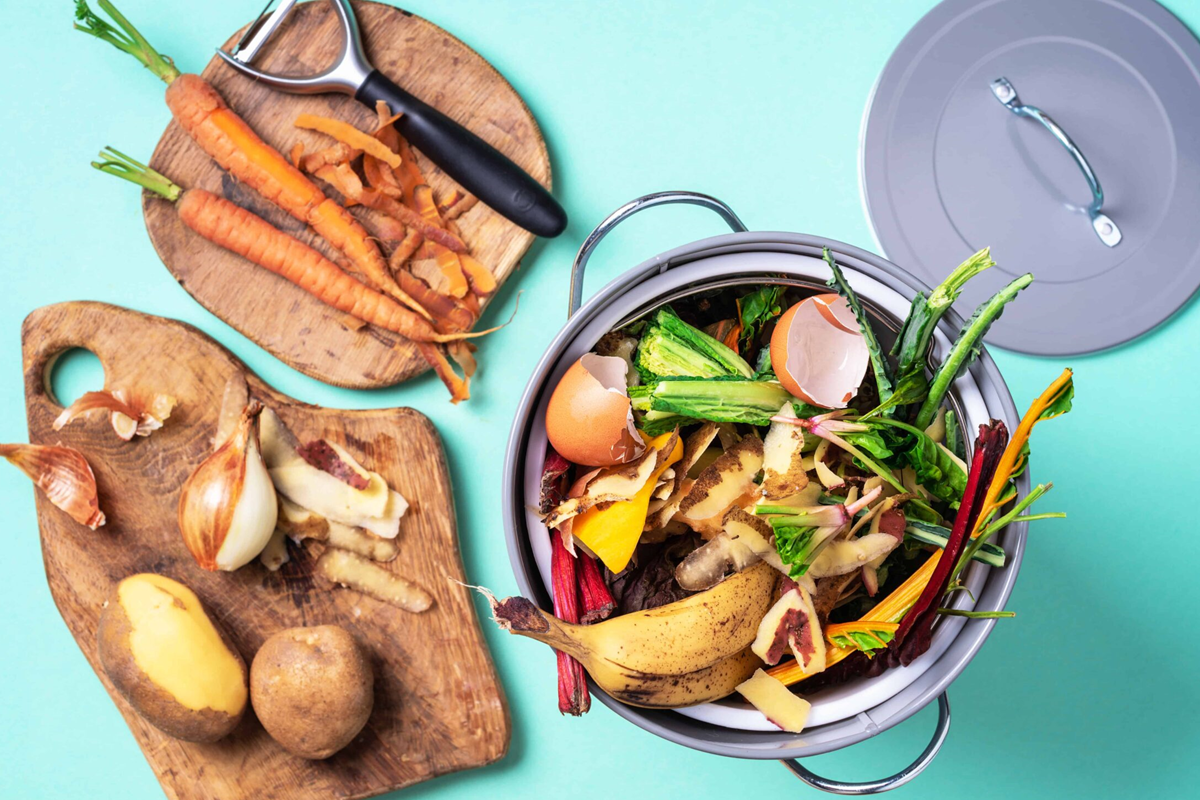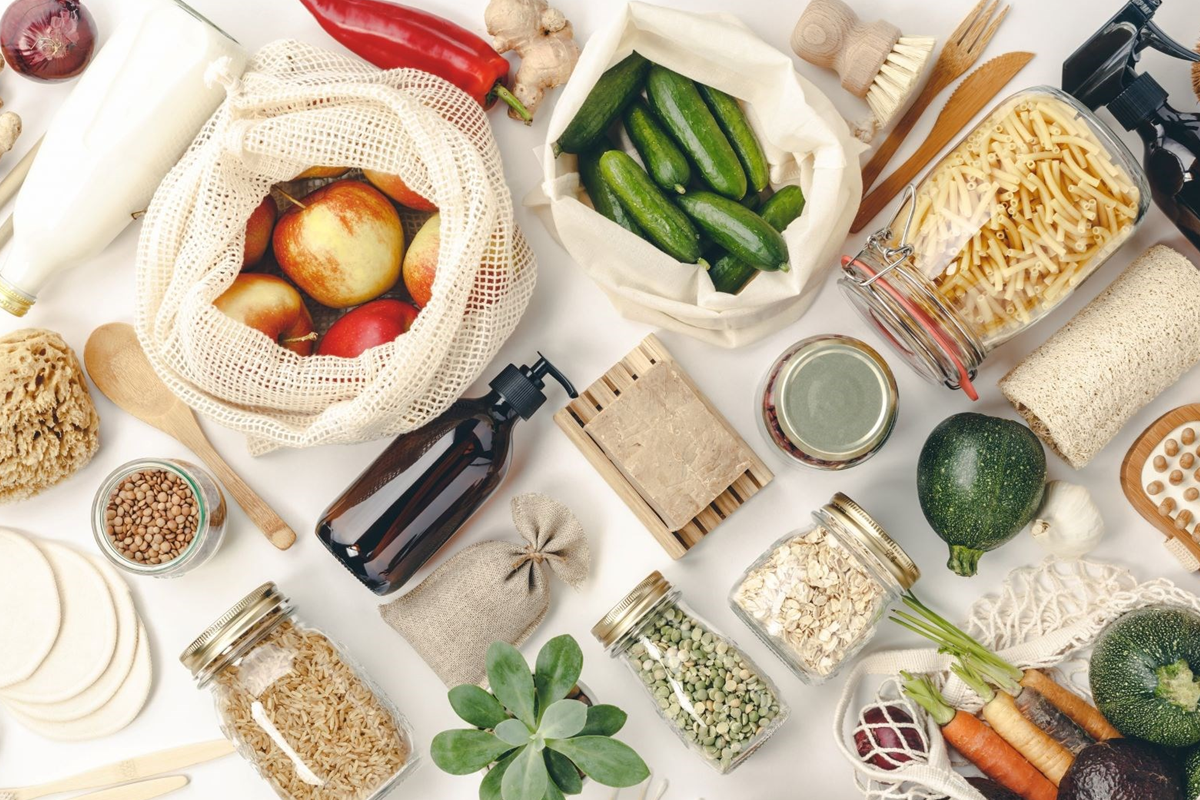Food wastes are foods fit for consumption yet discarded for reasons such as spoilage, shrinkage resulting to poor quality of the ingredient.
In every household, food waste is existing which includes ingredients, vegetables, fruits, grains, among others, being left to rot or expire, recipes that are not consumed and spoiled.
Tp counter the issue of food waste in our individual household, here are the 7 tips for reducing food waste.
* Do groceries wisely. It is not wise to buy too much groceries because people tend to consume less when having too many foods available. Buy what you only need for a week-span and think of recipes which you can utilize all the stocked ingredients in your pantry.

* Store foods properly. After shopping groceries, we tend to put everything in one place to rest which is not advisable. Fruits, vegetables must be separated from frozen foods, wrap the greens in a paper towel to preserve its freshness and food better left out of the refrigerator must be placed in a dry place.
* Pickle if necessary. Excessive amount of fresh foods can be a headache. To prevent, pickle the vegetables. Fermenting can preserve food even more, creating more flavors.
* Be creative. Leftover food can be used to make a new recipe. With this, you will not feel bored eating the same dish.
* Do composting. When food cannot be consumed regardless of you trying to preserve them, compost them. These biodegradable items can be very helpful to our environment.
* Consume less attractive food. Although looks appeals more to us to consume a food, it is advisable to eat food despite the appearance, so long as the food is fine.
* Build connection. By knowing what the food and how the food in front of you was grown, you will appreciate more food has to offer.





